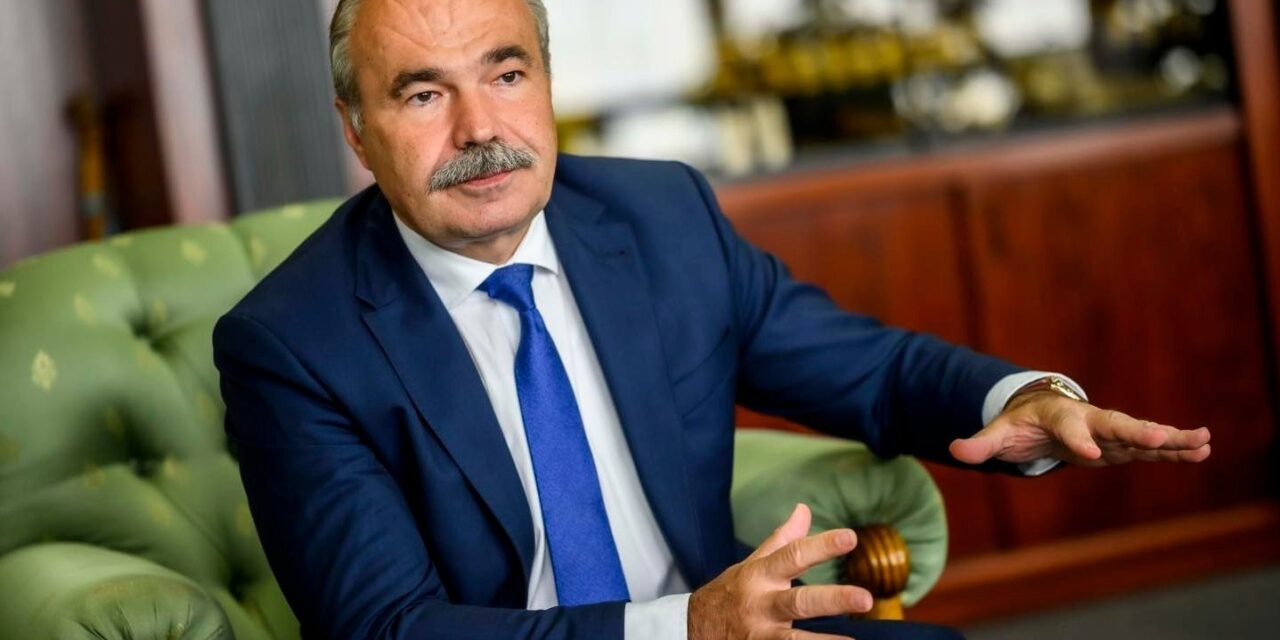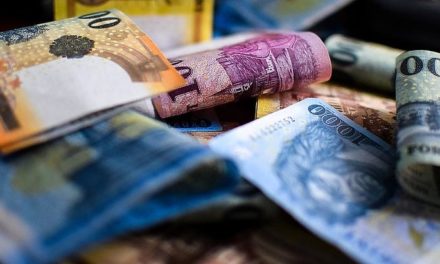The President of the European Commission, Ursula von der Leyen, bypassed the leaders of the EU member states and agreed with Ukrainian President Volodymyr Zelenskiy on the authorization of the import of Ukrainian grain. According to the head of the Hungarian Ministry of Agriculture, the committee's procedure is unusual, since it made an agreement with a third country without the leaders of the member states, so that in the meantime it owes a settlement to the member states. Following Monday's meeting of the EU's agriculture ministers in Brussels, the head of the Hungarian ministry spoke, among other things, about the fact that Brussels represents the interests of a third country rather than those of its own member states.
"We have invested millions of euros in order to be able to transport Ukrainian grain faster in the territory of Hungary, and for this we are carrying out infrastructural developments. In response, we should not be threatened with a lawsuit, but we should say thank you," said Minister of Agriculture István Nagy in response to hirado.hu's question about what Hungary, Poland and Slovakia can expect if Ukraine does go to court over the ban on grain imports at the WTO. .
Following Monday's meeting of the Union's agriculture ministers in Brussels, the minister reminded:
"Hungary is doing everything to provide help, support and solidarity with the people there who are in a difficult situation."
Our paper was also interested in why the European Commission does not protect its own internal market and producers in a crisis? In his answer, István Nagy emphasized:
It "raises very serious political questions" that the leadership of the European Union did not discuss the solution of the problem with the leaders of the member states, but agreed with the leader of a third country, thereby "excluding the opinion of the representative of the member states."
According to the head of the ministry, it is worrisome that the chairman of the committee made a decision on the basis of a single person's authority, especially in light of the fact that he is accountable to the leaders of the EU member states.
Since Ukrainian agricultural products are already causing disruptions in Eastern European markets, we also asked how to guarantee the security of agriculture in the affected member states in the event that Ukraine becomes a member of the European Union community in 2030. The head of the Ministry of Agriculture said that the problem raises extremely serious questions. He reminded that the EU has been negotiating the Mercosur agreement for a long time, in connection with which many member states have expressed concerns (The Mercosur agreement aims to increase bilateral trade and investments between the South American Common Market or Mercosur states and the EU, which is such cheap agricultural products it would also mean exporting to EU markets, the production of which does not have to comply with the EU's strict regulations - ed.)
István Nagy pointed out that the negative impact of the Mercosur agreement on EU agricultural markets "would amount to a total of one and a half billion euros." On the other hand, the influx of Ukrainian grain so far has caused damage of six billion euros to the five neighboring member states alone, which must be borne by these member states.
According to the head of the ministry, as the accession negotiations progress, the numerical consequences will become more pronounced.
"The leaders of the European Union, the agricultural ministers and experts of the member countries will realize that this issue needs to be handled much more carefully instead of creating illusions in a third country with loud promises."
Source: hirado.hu / Public Media Center Brussels
Photo: István Nagy's Facebook page












